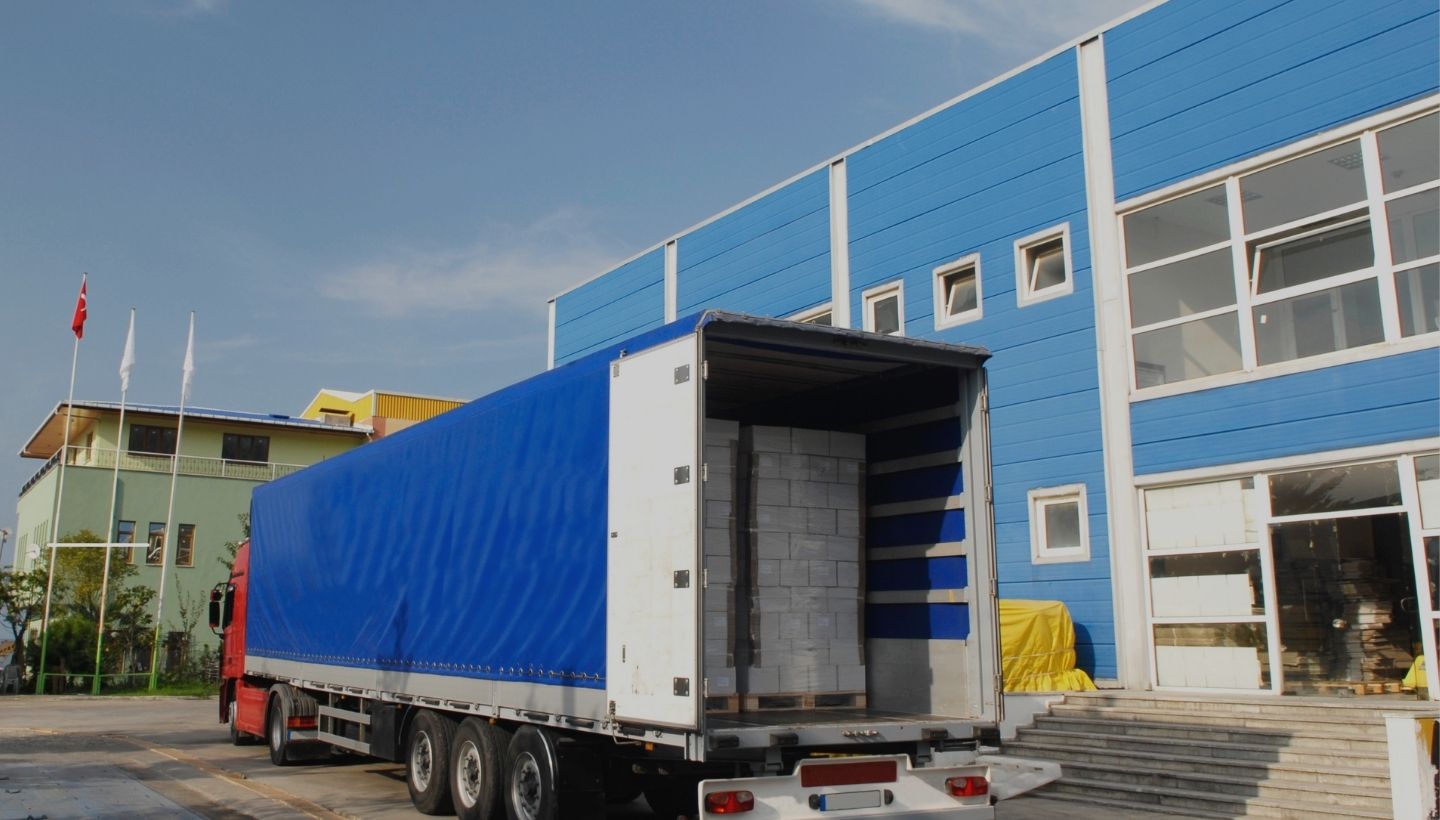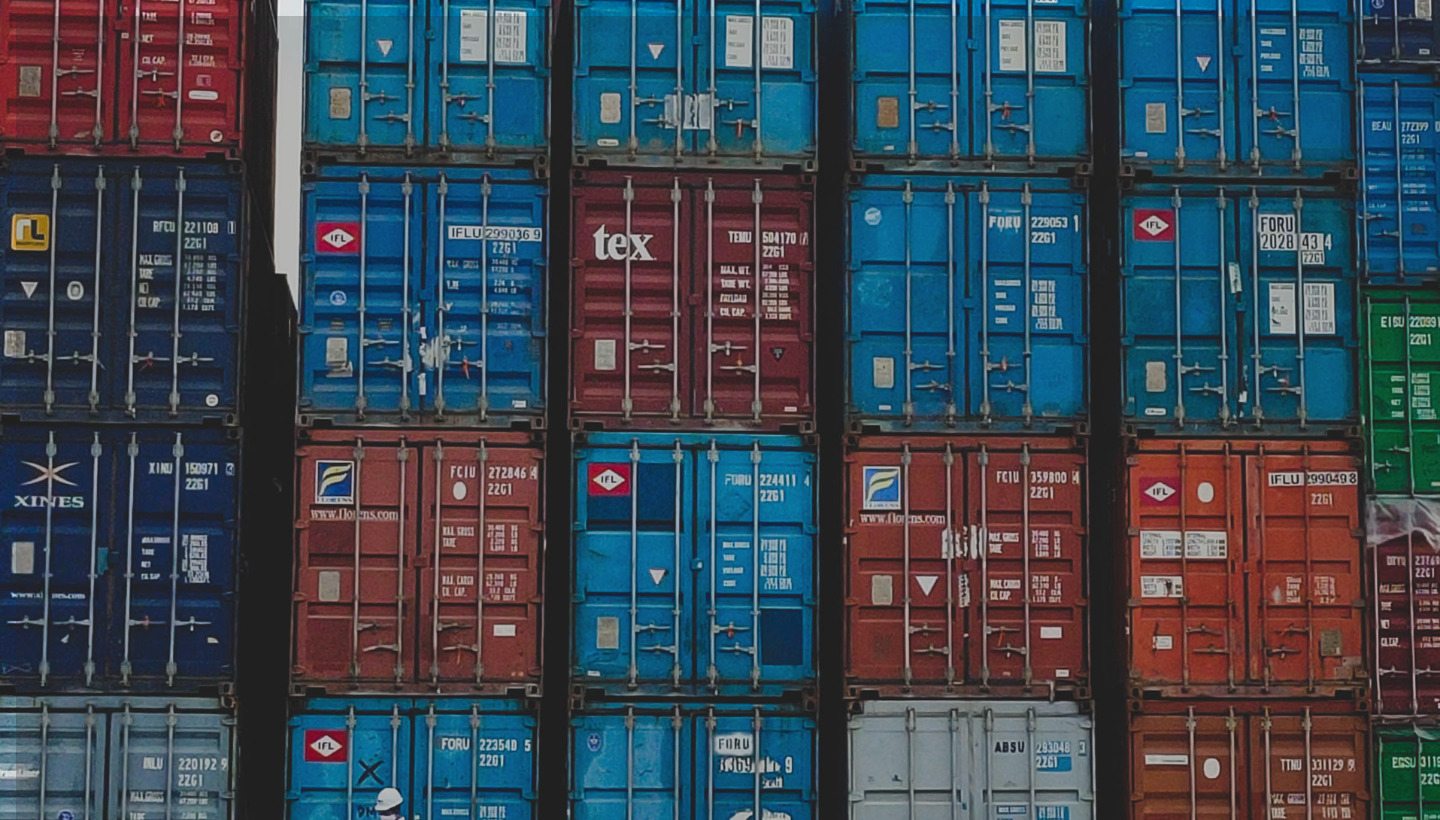Accessorial charges are fees added to a freight bill. Carriers might provide or incur these services beyond the standard pick-up and delivery activities. The charges could be fixed or time-based. Accessorial fees are mode-agnostic but occur more often with LTL shipments or in delivery locations that require special handling.
Here are some of the most common Accessorial Charges:
Detention
If a carrier is delayed for any reason (over 2 hours) at a shipper/receiver, detention charges may apply. Shipping contracts typically allow for some detention time, but charges are applied if a driver is detained beyond the time noted.
Diversion Miles/Re-consignment
A fee for lost fuel and time may be charged if a carrier has to drive to a different location upon arrival at the shipper’s or receiver’s address.
Fuel Surcharge
A surcharge is charged according to the current price of fuel.
Hazardous Materials
Hazardous Materials (HAZMAT) require proper government documentation during transport. Warehouse operations staff are compensated for the added health risk, extra paperwork, and special handling through a hazardous materials accessorial fee. There are 9 classes of hazmat:
-
- Explosives
- Gases
- Flammable Liquids
- Flammable Solids
- Oxidizing Substances
- Toxic & Infectious Substances
- Radioactive Materials
- Corrosives
- Miscellaneous Dangerous Goods
Layover
Warehouses will assess a layover fee if the truck is unable, for whatever reason, to be unloaded/loaded during its slated delivery day.
Liftgate
Commercial trucks are designed to use warehouse and distribution loading docks at the same heights as the truck to load and unload. When carriers deliver shipments to locations with no loading dock, they must use liftgate equipment. A liftgate is a special hydraulic platform that carriers fit on the back of a truck. Liftgates can raise or lower a shipment to and from the truck’s trailer to the ground.
Lumper or Driver Load/Unload
Unloading a vehicle is often outside the general job requirements of a carrier. So, if the driver must load or unload the freight, they charge for the labor. Additionally, at large distribution warehouses, third-party laborers, often called “lumpers” get paid to unload cargo. Distributors pass these charges on to shippers as a “lumper” fee. Cold storage or high-touch complex facilities may have unloading fees to account for the required special handing needed to unload freight.
Oversized/Overlength
When an order takes up more space than a pallet, a warehouse will charge additional costs to transport. Carriers must specially configure loads to accommodate. This fee is most often incurred when an order exceeds 12 feet.
Redelivery
There are several reasons a carrier may need to redeliver an order. If no one is available to accept the delivery, the carrier will have to redeliver. In cases where the receiver rejects a shipment, the carrier has to go somewhere else. If the necessary equipment isn’t on-site, then the carrier has to deliver elsewhere.
Sort and Segregate (Sort/Seg)
When warehouses force a driver to break up an order and move product from one pallet to another, this charge will apply. Warehouses often have a minimum fee set that can increase based on weight and package size. This most often occurs for deliveries into grocery warehouses.
Truck Ordered Not Used (TONU)
Orders can sometimes fall through. However, most carrier contracts will have a clause allowing for a TONU, but with limitations. There is only a charge if the truck is canceled after a pre-established cut-off time.
Capitalizing on digital solutions
RoadSync can help warehouses capture all fees through custom invoices, from unique to common accessorial charges.
Designed for warehouse businesses like yours, RoadSync eliminates the need for a physical paper trail. It puts you in control of collecting fees and processing payments. Plus, during an uncertain time in the world, a digital payment system can help you make the most of staff time and keep workers safe. With Roadsync, you can keep your revenue flowing and your employees on track with every job that comes through your dock doors.
Set up cashless and contactless payment processing today with a RoadSync demo






